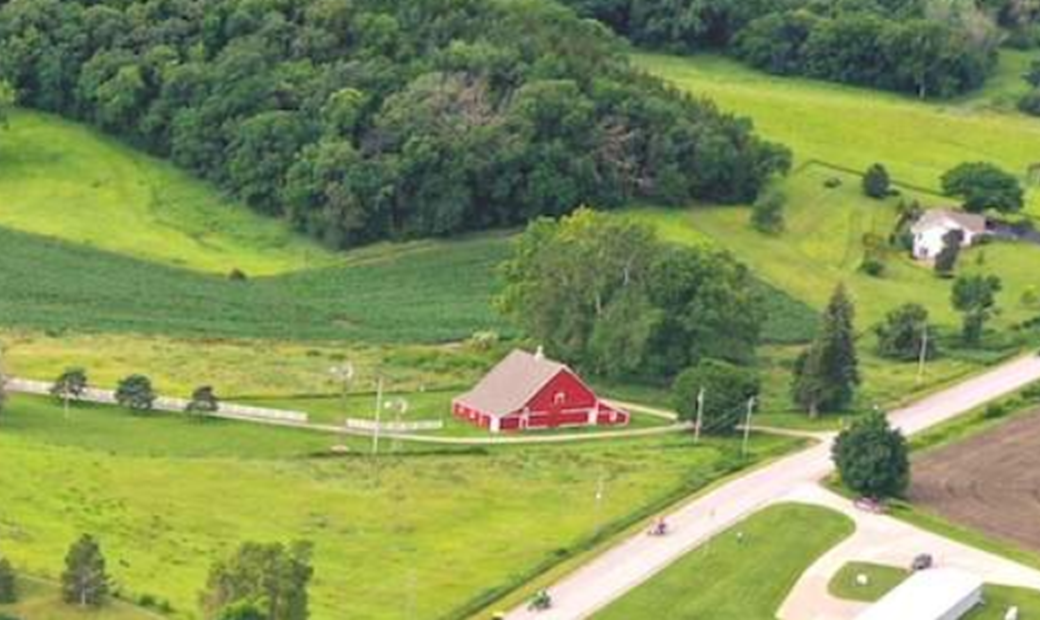Farmers Doubt there will be a Farm Bill this year - Poll
For the first time in polling by Purdue University, a plurality of farmers say Congress is unlikely to pass a farm bill in 2023.

For the first time in polling by Purdue University, a plurality of farmers say Congress is unlikely to pass a farm bill in 2023. Lawmakers are all but certain to fail to enact a successor to the 2018 farm bill before it expires on Sept. 30 and plan to be in session for as few as nine of the remaining 22 weeks of this year.
Some 36 percent of large-scale farmers and ranchers surveyed from July 10-14 for the Ag Economy Barometer said a farm bill was “very” or “somewhat” unlikely this year, said Purdue on Tuesday. It was the first time that skeptics were the largest block of respondents. Two months earlier, when Purdue began asking about the likelihood of a 2023 farm bill, 40 percent of producers said it was “very” or “somewhat” likely this year. Now, only 30 percent say so.
Optimism about the farm bill has eroded with the passage of time. The House and Senate Agriculture committees have yet to produce a first-round version of the wide-ranging legislation. House Agriculture chairman Glenn Thompson repeated on Monday his goal of passing a bipartisan and bicameral farm bill “on time,” but he pointed only as far as a potential House vote in September.
There is some wiggle room if the 2018 farm law expires. SNAP and crop insurance are permanently authorized and would remain in operation, contingent — in SNAP’s case — on appropriations being available, said a farm law blog. Some commodity support programs would continue to operate through the end of their crop years, which can be months away, but other programs would lack authorization. The dairy marketing year expires on Dec. 31, so it would be the first major commodity to be affected.
Congress often passes a short-term extension of farm law while trying to complete work on a new farm bill. The bogeyman of farm bills, reversion to the “permanent” 1949 Agricultural Act, is likely to be raised if Congress is slow to act on an extension or passage of a farm bill. The 1949 law would boost crop subsidy rates to unaffordable levels, reintroduce planting controls for some crops, and eliminate federal support for soybeans. The price of milk could double.
The share of farmers who sow cover crops on their land is little changed since 2021, despite being promoted as a way to slow global warming or as a new revenue stream for carbon sequestration, said Purdue. Some 45 percent of growers responded “yes, currently” when asked if they ever planted a cover crop. The figure was 41 percent in 2021. As in previous years, four out of five farmers said cover crops improved soil health and crop yields.
Among the majority of farmers who did not use cover crops, the most commonly cited reasons were “not profitable,” “lack of resources and/or expertise,” and “other.”
The Ag Economy Barometer, a gauge of the health of the farm sector economy, rose by 2 points to a reading of 123, “the result of farmers’ improved perception of current conditions on their farms,” said Purdue. The six-month average for the barometer is 119.
Purdue interviews operators with production worth at least $500,000 a year for the barometer. USDA data say the largest 7.4 percent of U.S. farms top $500,000 in annual sales. The survey has a margin of error of plus or minus 5 percent.
The Ag Economy Barometer is available here.
